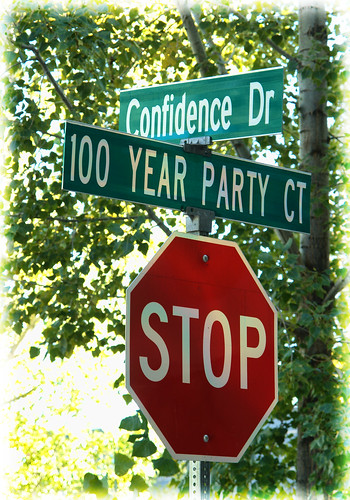How You Can Quickly And Easily Increase Confidence And Reduce Anxiety
lk to yourself: Objectives The present study examined the effects of motivational self-talk on self-confidence, anxiety, and task performance in young athletes. Methods Participants were 72 tennis players. The experiment was conducted in five sessions: baseline assessment, three training sessions, and final assessment. After the baseline assessment participants were divided and assigned randomly into experimental and control groups. The two groups followed the same training program with the experimental group practicing the use of self-talk. In the last session, the…
1 min read
Does guilting people really work?
minding people of their transgressions causes them to improve their behavior: People’s desires to see themselves as moral actors can contribute to their striving for and achievement of a sense of self-completeness. The authors use self-completion theory to predict (and show) that recalling one’s own (im)moral behavior leads to compensatory rather than consistent moral action as a way of completing the moral self. In three studies, people who recalled their immoral behavior reported greater participation in moral activities (Study 1),…
1 min read
Why do we always root for the underdog?
niel Engber has a long and fascinating piece in Slate about the psychology of underdogs. It references a few studies to answer the question, "Do we really love underdogs?" Definitely: In 1991, a pair of researchers at Bowling Green State University, Jimmy Frazier and Eldon Snyder, published a paper on what they called "the underdog concept in sport." Frazier and Snyder posed a simple hypothetical scenario to more than 100 college students: Two teams, A and B, were meeting in…
2 minutes
Being An Expert Doesn’t Make You Look Like An Expert. This Does.
ople choose confidence over actual expertise. From New Scientist: The research, by Don Moore of Carnegie Mellon University in Pittsburgh, Pennsylvania, shows that we prefer advice from a confident source, even to the point that we are willing to forgive a poor track record. Moore argues that in competitive situations, this can drive those offering advice to increasingly exaggerate how sure they are. And it spells bad news for scientists who try to be honest about gaps in their knowledge. In…
1 min read
What’s an easy way to feel more powerful?
wer your voice: Voice pitch may not only influence the listeners but also the speakers themselves. Based on the theories of embodied cognition and previous research on power, we tested whether lowering their pitch leads people to feel more powerful and think more abstractly. In three experiments, participants received instructions to read a text out loud with either a lower or a higher voice than usual. Subsequently, feelings of power (Experiments 1 and 2) and abstract thinking (Experiment 3) were…
1 min read
Do we pick leaders based on their voice?
ems like it. "Research that looked at US presidential candidates between 1960 and 2000 found that in all eight elections, the candidate with the lower voice had won the popular vote." Via Eurekalert: A team from the Department of Psychology, Neuroscience and Behavior found that study subjects were more inclined to vote for men with lower-pitched voices, suggesting that perceptions developed long ago may be still be influencing the way we choose leaders. And: To test voice-related perceptions, the researchers…
1 min read
How confident should you be at work today?
derately overconfident. Being slightly delusional is a good thing here. You'll choose more challenging tasks and this study shows it's an advantageous attitude to have. But don't be extremely overconfident: People use information about their ability to choose tasks. If more challenging tasks provide more accurate information about ability, people who care about and who are risk averse over their perception of their own ability will choose tasks that are not sufficiently challenging. Overestimation of ability raises utility by deluding…
2 minutes
Can you judge leadership potential by looking at someone’s earlobes?
.our research shows that people with subtle asymmetries—for example, imbalances in ear or finger length—are often better “transformational” leaders, able to inspire followers to put self-interest aside for the good of the group. Furthermore, teams they lead outperform teams whose leaders have more-symmetrical bodies. And: Teams with asymmetrical leaders scored nearly 20% higher than others. Although the sorts of asymmetries we examined are barely perceptible, humans are unconsciously sensitive to them. We posit that people born with asymmetries tend to develop…
1 min read








